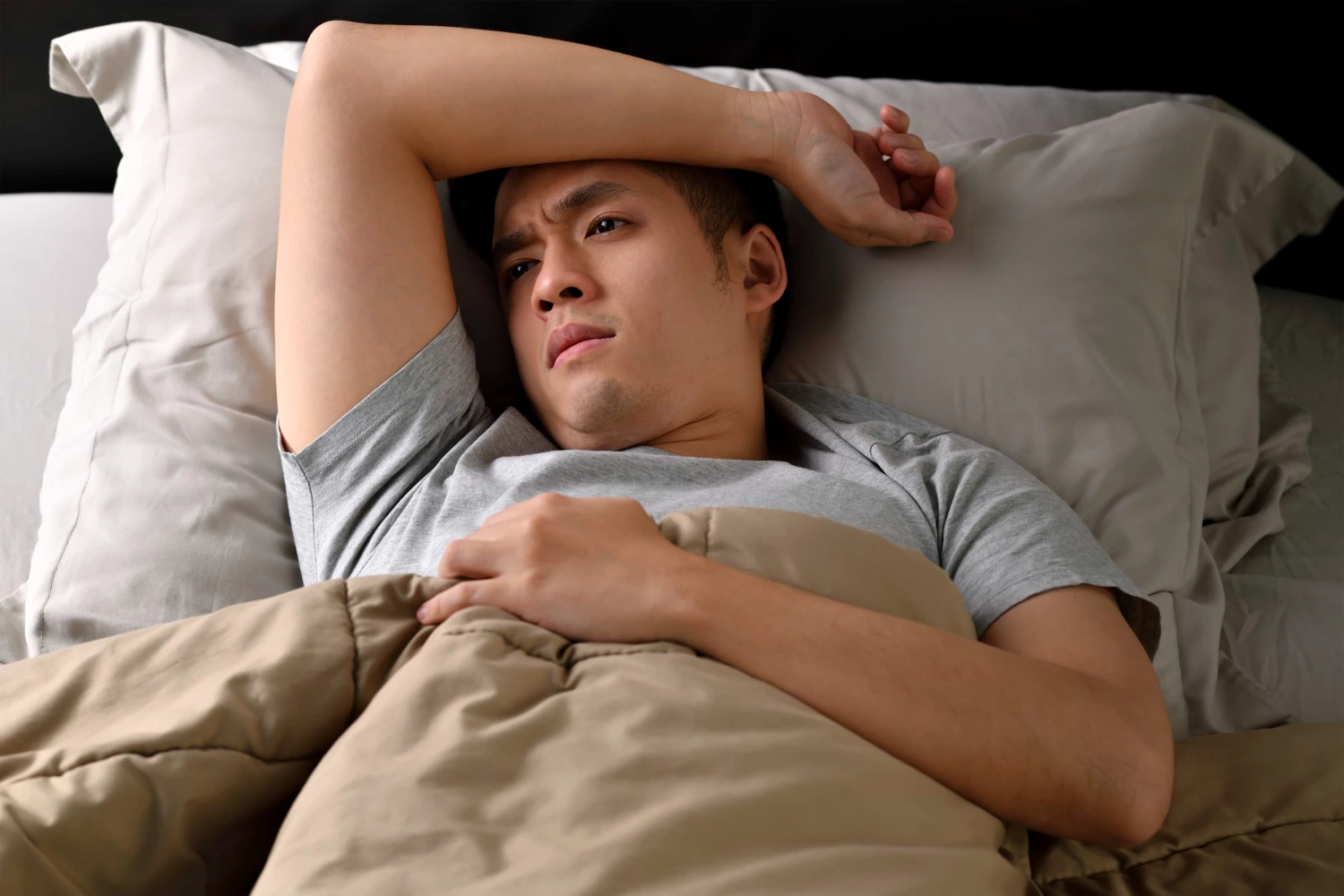Understanding the Link Between Addiction and Sleep Deprivation
Sleep is essential for physical health, emotional stability, and cognitive function. However, addiction and sleep deprivation often go hand in hand, creating a vicious cycle that impacts overall well-being. Many substances interfere with the body’s natural sleep cycle, making it difficult to achieve the restorative rest needed for recovery. Without proper sleep, individuals face increased relapse risks, impaired cognitive abilities, and heightened emotional distress.
How Addiction Disrupts Sleep
Different substances impact sleep in unique ways. Here’s how commonly abused substances interfere with sleep quality:
- Alcohol: Initially, alcohol may cause drowsiness, but it disrupts REM sleep, leading to frequent awakenings, poor sleep quality, and next-day fatigue.
- Stimulants (Cocaine, Methamphetamine, Nicotine, Caffeine): These substances stimulate the nervous system, making it difficult to fall asleep and stay asleep. Over time, they alter natural sleep architecture, reducing restorative deep sleep.
- Opioids (Heroin, Prescription Painkillers, Fentanyl): Opioids suppress the body’s ability to enter deep sleep and can increase the risk of sleep apnea, leading to daytime drowsiness and chronic fatigue.
- Marijuana: While some individuals use marijuana to aid sleep, long-term use can disrupt REM sleep, leading to grogginess and impaired cognitive function upon waking.
- Benzodiazepines and Sedatives: These medications may induce sleep initially, but long-term use disrupts the body’s ability to achieve natural, restorative sleep, leading to dependency and rebound insomnia.
- Addiction, Sleep Deprivation, and Recovery Cycle
For individuals in addiction recovery, chronic sleep deprivation presents a major challenge. Poor sleep impacts physical and mental health, making it more difficult to stay sober. Key consequences of sleep deprivation include:
- Increased Cravings and Relapse Risk: Sleep deprivation heightens stress and weakens impulse control, making it more difficult to resist substance cravings and increasing the likelihood of relapse.
- Weakened Immune System: Chronic sleep loss compromises immune function, making individuals more susceptible to illness and slower to recover from physical withdrawal symptoms.
- Mental Health Decline: Anxiety, depression, and mood disorders are common in addiction recovery, and sleep deprivation exacerbates these conditions, creating a cycle of emotional distress.
- Cognitive Impairment: Sleep is essential for memory, concentration, and decision-making. Without adequate sleep, individuals struggle with problem-solving, increasing frustration, and stress.
- Emotional Dysregulation: Poor sleep affects the brain’s ability to regulate emotions, leading to heightened irritability, impulsivity, and difficulty managing stress—factors that can contribute to relapse.
Natural Strategies to Restore Healthy Sleep Patterns
Improving sleep hygiene and incorporating natural remedies can help individuals recovering from addiction regain restful sleep. Here are some proven strategies:
Establish a Sleep Schedule
Setting a fixed bedtime and wake-up time helps regulate the body’s internal clock, improving sleep quality over time.
Create a Relaxing Bedtime Routine
Engage in calming activities before bed, such as reading, deep breathing, taking a warm bath, or listening to soothing music, to signal the body that it’s time to sleep.
Avoid Stimulants and Electronics Before Bed
Limiting caffeine, nicotine, and electronic device usage at least an hour before bedtime allows the brain to produce melatonin, a hormone crucial for sleep regulation.
Incorporate Sleep-Supporting Supplements
Certain natural supplements can help restore restful sleep, including:
- Melatonin supports the sleep-wake cycle and helps individuals with insomnia fall asleep faster.
- Magnesium: Relaxes muscles and reduces stress, promoting deeper sleep.
- Ashwagandha lowers cortisol levels, reducing stress and improving sleep quality.
- Valerian Root: Known for its sedative effects, valerian root aids in relaxation and sleep onset.
- L-Theanine: Found in green tea, this amino acid promotes relaxation without drowsiness.
- Chamomile: Contains apigenin, a compound that binds to sleep-inducing receptors in the brain.
Practice Mindfulness and Meditation
Mindfulness techniques such as meditation, progressive muscle relaxation, and guided imagery help calm the mind and reduce anxiety before sleep.
Exercise Regularly
Engaging in physical activity, such as walking, yoga, or resistance training, helps regulate sleep cycles, improve mood, and reduce stress. However, avoid intense workouts close to bedtime, as they can be stimulating.
Limit Naps and Optimize Daylight Exposure
Short naps (20-30 minutes) can help with energy levels, but excessive daytime napping can interfere with nighttime sleep. Getting natural sunlight during the day supports melatonin production and helps maintain a healthy sleep-wake cycle.
Seek Professional Help When Needed
If sleep disturbances persist, consulting a healthcare provider or addiction specialist is crucial. Cognitive behavioral therapy for insomnia (CBT-I), medication-assisted treatment, or holistic therapies can help address underlying sleep issues related to addiction recovery.
Sleep deprivation is a critical challenge for those struggling with addiction and those in recovery. Understanding how substances disrupt sleep and implementing natural, evidence-based strategies to restore rest can significantly improve physical and mental well-being. By prioritizing sleep hygiene and adopting a structured approach to improving sleep quality, individuals in recovery can reduce relapse risks and support long-term healing. If you or a loved one is facing addiction-related sleep issues, reaching out to a healthcare professional can provide the necessary support to rebuild a healthy sleep cycle and sustain recovery.

